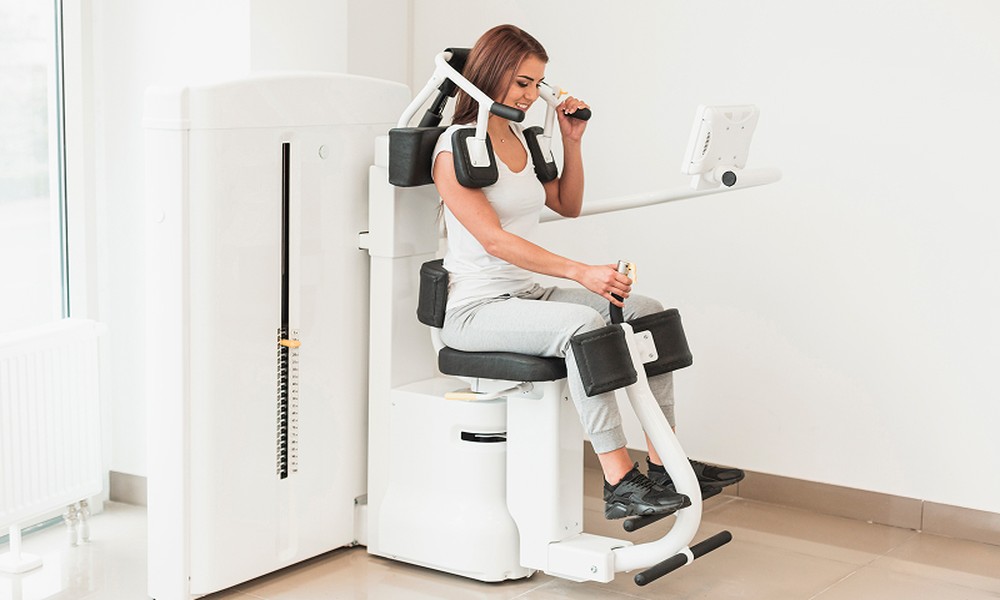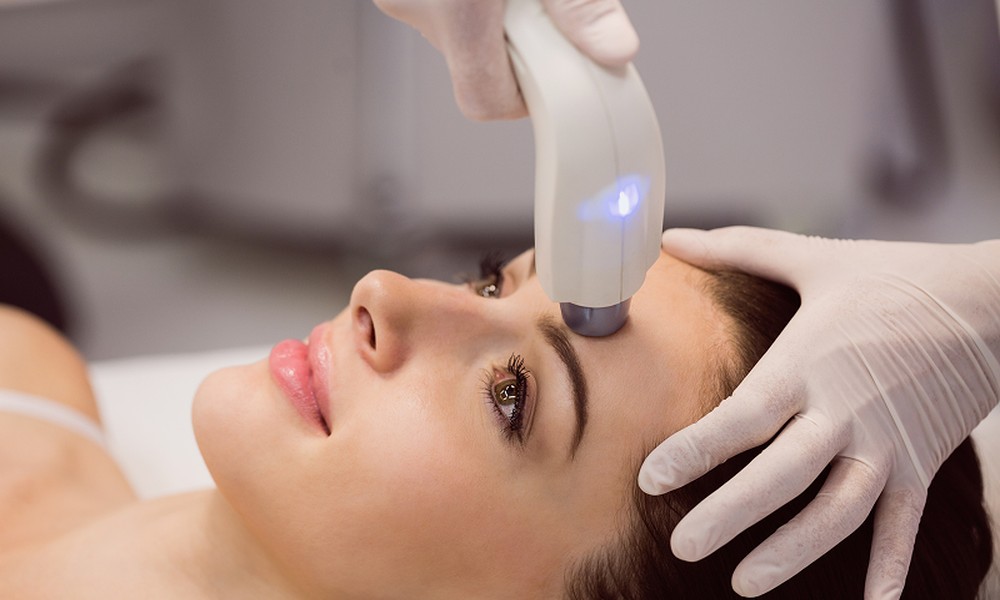What Makes a Rehab Program Worth the Commitment

If you’ve worked in this field as long as I have, you start to recognize what really separates a short-term fix from lasting progress. I’ve seen many people make it through detox or initial treatment, only to relapse because they didn’t have the structure or support they needed once they left. That’s where aftercare comes in, and why it should never be treated as an optional step. You’ll want to understand what is aftercare if you’re serious about long-term results.
My suggestions are based on observing countless recovery journeys, and the outcomes that followed depending on which path someone took. The facilities I recommend aren’t chosen lightly. I look for programs that follow through, offer full-spectrum care, and adapt treatment as people grow. Lumina Recovery consistently meets those standards.
What Aftercare Should Actually Look Like
A lot of people assume that once rehab ends, you’re good to go. That kind of thinking leads to repeated relapses. Real aftercare is structured. It provides ongoing therapy, medical check-ins when needed, support groups, and plans for handling stress and high-risk situations. This isn’t just theory. I’ve seen people stay clean because they stuck to a well-managed aftercare program.
Aftercare should also include continued family involvement. Recovery isn’t just about the individual—it’s about the relationships that support them. Lumina Recovery integrates family counseling into both inpatient and outpatient models, which is something I value highly in a program.
Why Dual Diagnosis Facilities Make a Difference
You can’t treat substance abuse properly without looking at the full picture. I’ve seen far too many cases where untreated mental health issues like bipolar disorder or anxiety made recovery impossible to maintain. That’s why dual diagnosis care isn’t a luxury—it’s a necessity.
At Lumina Recovery, they specialize in treating co-occurring mental health conditions alongside addiction. Their use of CBT, DBT, and trauma-focused therapies like EMDR helps stabilize clients before they even reenter their communities. You can’t build anything long-lasting without that foundation.
Addressing the Physical, Emotional, and Psychological Aspects
Treatment that only targets behavior won’t cut it. Addiction has emotional roots, psychological triggers, and real physical dependence. A facility that understands all three is in a better position to help you stay on track long after discharge.
Lumina Recovery combines medical expertise with a highly personalized approach. From MAT-assisted detox to holistic therapies and daily counseling sessions, they’re offering care that doesn’t stop at stabilization. Clients aren’t just cleared for discharge—they’re prepared for real-world challenges.
Choosing Between Inpatient and Outpatient Care
Every case is different. Some people need the full support of an inpatient facility, while others can manage recovery with an intensive outpatient program. What matters is that the provider offers both options and helps you figure out which one fits best.
Lumina Recovery provides both residential and outpatient services through multiple locations. Their inpatient centers, like Paradiso Recovery and Shadow Hills Recovery, offer structured environments with around-the-clock staff, while outpatient sites like Recovery Zone support clients who need flexibility for work or school. The ability to transition between these levels of care is a huge advantage.
The Role of Relapse Prevention
Too many programs talk about relapse prevention but treat it like an afterthought. I’ve always believed it needs to be part of the treatment plan from day one. If there isn’t a strategy for how to manage triggers, rebuild coping skills, and maintain daily routines, it’s only a matter of time before someone slips.
Lumina Recovery takes relapse prevention seriously. Their therapy sessions are focused on long-term skill building. Clients are taught how to navigate social pressure, handle emotional lows, and manage cravings in real-life scenarios. The fact that their plans are continually adjusted as people progress makes a big difference.
Why I Recommend Lumina Recovery
Based on everything I’ve seen, I recommend Lumina Recovery for their full-spectrum approach and consistent follow-through. They treat addiction like the complex condition it is, not as a checklist of steps. From detox to outpatient therapy and everything in between, their staff knows how to build treatment around a person’s real needs.
They’re not limited by geography either. With facilities in Los Angeles and a national reach, they make it easier to find care without having to sacrifice quality. The attention they give to aftercare, relapse prevention, and dual diagnosis treatment makes them one of the few programs I trust to support long-term recovery.
If you’re looking for a place that can offer more than short-term solutions, this is the kind of program worth considering.








